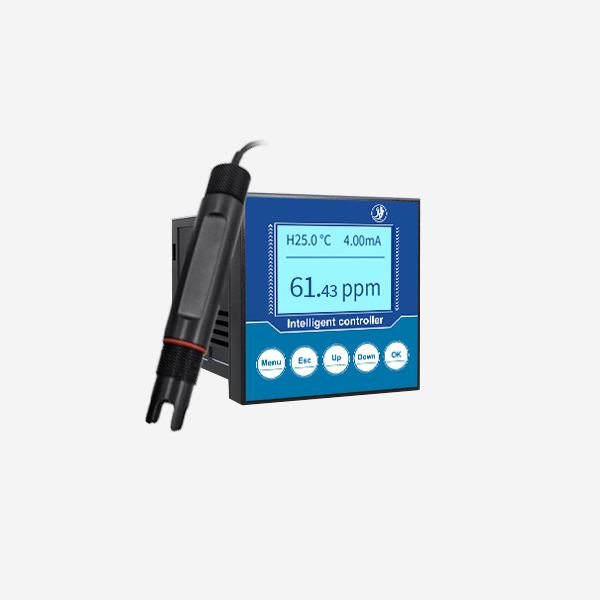Smart water monitor
In response to water shortages, smart water monitor have become a key technology. By utilizing advanced sensors and data analytics, smart water monitors provide proactive monitoring and management of water resources. This paper discusses the importance and benefits of intelligent water monitors in modern conservation work.
The importance and benefits of smart water monitors
Improved Water Resource Management

Smart water monitor enable real-time monitoring of various water parameters, such as water level, quality, and flow rate. By collecting and analyzing this data, water resource management authorities can make informed decisions regarding water allocation and usage. With accurate and timely information, they can optimize water distribution networks, identify leakages, and prevent wastage, thus ensuring efficient utilization of available water resources.
Early Leak Detection and Conservation
Water leakage is a common issue that leads to significant water loss. Smart water monitor play a crucial role in detecting leaks at an early stage. By constantly monitoring water flow and pressure, these monitors can detect abnormalities and alert authorities in real-time. This proactive approach enables swift repair, reducing water loss and conserving valuable resources.
Water Quality Monitoring

Ensuring water quality is essential for public health and environmental sustainability. Smart water monitor incorporate sensors that continuously measure parameters like pH levels, turbidity, and dissolved oxygen. This data allows water management authorities to identify and address potential contamination in a timely manner. By providing real-time water quality information, smart water monitors help safeguard public health and ensure compliance with regulatory standards.
Sustainable Irrigation Practices
Agricultural irrigation accounts for a significant portion of global water consumption. Smart water monitors offer valuable insights to optimize irrigation practices and reduce water waste. By monitoring soil moisture levels and weather conditions, these monitors provide precise information on when and how much water should be applied. This data-driven approach minimizes water usage while maximizing crop yield, contributing to sustainable agricultural practices.
Consumer Engagement and Water Conservation
Smart water monitors also play a critical role in fostering consumer awareness and engagement. By providing users with access to real-time water usage data, individuals can monitor and adjust their consumption habits accordingly. With this knowledge, individuals can actively participate in water conservation efforts, promoting sustainable behavior and reducing overall water demand.
Conclusion
As water scarcity becomes an increasingly pressing global issue, the role of smart water monitors in conservation efforts cannot be overstated. By offering real-time monitoring, early leak detection, water quality assessments, and promoting sustainable practices, these monitors contribute significantly to efficient water management. With continued advancements in technology, smart water monitors are expected to play an even more prominent role in ensuring a sustainable future for our water resources.
